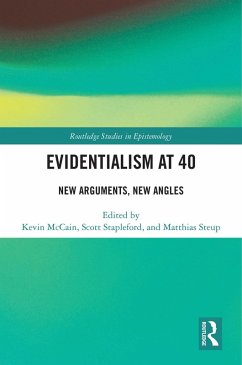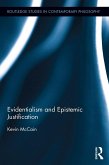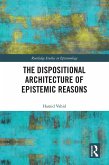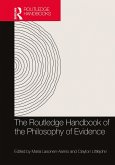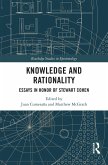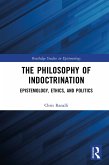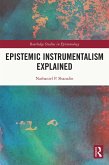Conee and Feldman's landmark paper "Evidentialism" (1985) served as a launching point for an enormous research program in epistemology. Many epistemologists define their points of view at least partly in terms of how they relate to evidentialism. The chapters in this volume address important questions related to evidentialism, including:
- How should 'evidentialism' be defined?
- When does evidence suffice for belief?
- What does properly or appropriately responding to one's evidence involve?
- Does evidentialism capture all cases of epistemically justified believing?
- Is there any kind of epistemic normativity that falls outside the purview of evidentialist epistemology?
- Are core evidentialist theses compatible with certain forms of externalism?
- Do classical evidentialist theses successfully preclude pragmatism?
- Do moral considerations ever get a say in what it is rational to believe?
- What (more) should evidentialists say about suspending judgment?
- What is the connection between evidence and logical inference?
- What should evidentialists say about extended memory?
- Does public evidence matter to epistemic justification?
The range of fresh ideas in this cutting-edge volume, marking the 40th anniversary of "Evidentialism", will appeal to scholars and graduate students working on evidentialism, evidence, the nature of justification, evidential support, and related topics in epistemology.
Dieser Download kann aus rechtlichen Gründen nur mit Rechnungsadresse in A, B, BG, CY, CZ, D, DK, EW, E, FIN, F, GR, HR, H, IRL, I, LT, L, LR, M, NL, PL, P, R, S, SLO, SK ausgeliefert werden.

